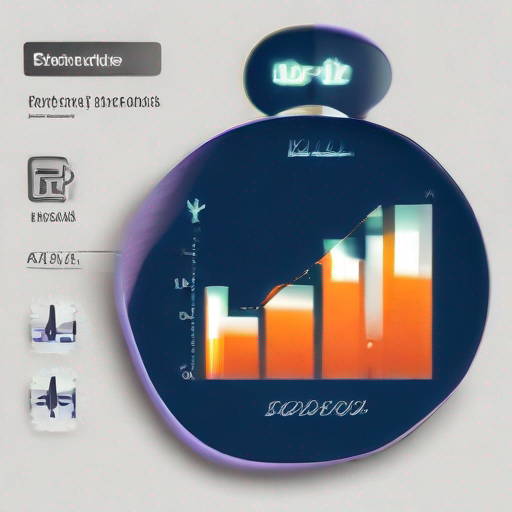Mastering Search Optimization Strategies with Keyword Research Tool for Bing
In today’s digital landscape, search engine optimization (SEO) plays a vital role in driving traffic to your website and increasing online visibility. With the rise of Bing as a prominent search engine, understanding how to optimize your content for this platform is crucial. One effective way to achieve this is by utilizing a keyword research tool for Bing. In this article, we’ll delve into the world of keyword research and explore how using a keyword research tool for Bing can help you master search optimization strategies.
What is Keyword Research?
Keyword research is the process of identifying relevant keywords and phrases that your target audience uses to search for products or services like yours. This involves analyzing search volume, competition, and relevance to create a list of optimal keywords for your content. A keyword research tool for Bing can help you streamline this process and gain valuable insights into how users interact with your brand online.
Benefits of Using a Keyword Research Tool for Bing
- Improved Search Engine Rankings: By identifying relevant keywords and phrases, you can optimize your website’s meta tags, titles, and content to rank higher in search engine results pages (SERPs).
- Targeted Content Creation: A keyword research tool for Bing helps you create content that resonates with your target audience, increasing engagement and conversion rates.
- Competitor Analysis: Analyze your competitors’ strengths and weaknesses by identifying their top-performing keywords and adjusting your strategy accordingly.
- Cost-Effective Advertising: With a list of relevant keywords, you can create targeted Google Ads or Bing Ads campaigns that drive quality traffic to your website.
How Does the Keyword Research Tool for Bing Work?
The keyword research tool for Bing uses natural language processing (NLP) and machine learning algorithms to analyze search data from Bing and other sources. This process involves:
- Search Query Analysis: The tool analyzes search queries to identify patterns, trends, and insights into how users interact with your brand online.
- Keyword Suggestion Generation: Based on the analysis, the tool generates a list of suggested keywords and phrases that are relevant to your business or website.
- Ranking and Filtering: You can filter and rank the suggested keywords based on factors such as search volume, competition, and relevance.
Table: Keyword Research Tool for Bing Features
| Feature | Description |
|---|---|
| Search Query Analysis | Analyzes search queries to identify patterns, trends, and insights into how users interact with your brand online. |
| Keyword Suggestion Generation | Generates a list of suggested keywords and phrases that are relevant to your business or website. |
| Ranking and Filtering | Allows you to filter and rank the suggested keywords based on factors such as search volume, competition, and relevance. |
Tips for Effective Keyword Research
- Use Long-Tail Keywords: Target specific, low-competition keywords that are more likely to drive conversions.
- Analyze Competitors’ Keywords: Identify your competitors’ strengths and weaknesses by analyzing their top-performing keywords.
- Test and Refine: Continuously test and refine your keyword strategy based on search data and user feedback.
Conclusion
Mastering search optimization strategies with a keyword research tool for Bing can help you drive more traffic, increase engagement, and boost conversions. By understanding how users interact with your brand online, you can create targeted content that resonates with your target audience. Whether you’re an SEO novice or an experienced marketer, using a keyword research tool for Bing is an essential step in achieving success in the world of search optimization.
Get Started with the Keyword Research Tool for Bing
To take your search optimization strategies to the next level, try the keyword research tool for bing today. With its advanced features and user-friendly interface, you’ll be well on your way to mastering search optimization and driving more traffic to your website.
Key Takeaways
- Use a keyword research tool for Bing to identify relevant keywords and phrases.
- Analyze search queries to understand how users interact with your brand online.
- Target specific, low-competition keywords that are more likely to drive conversions.
- Continuously test and refine your keyword strategy based on search data and user feedback.
References
- Expand Keyword Research Tool. (n.d.). Retrieved from https://expandkeyword.com/

